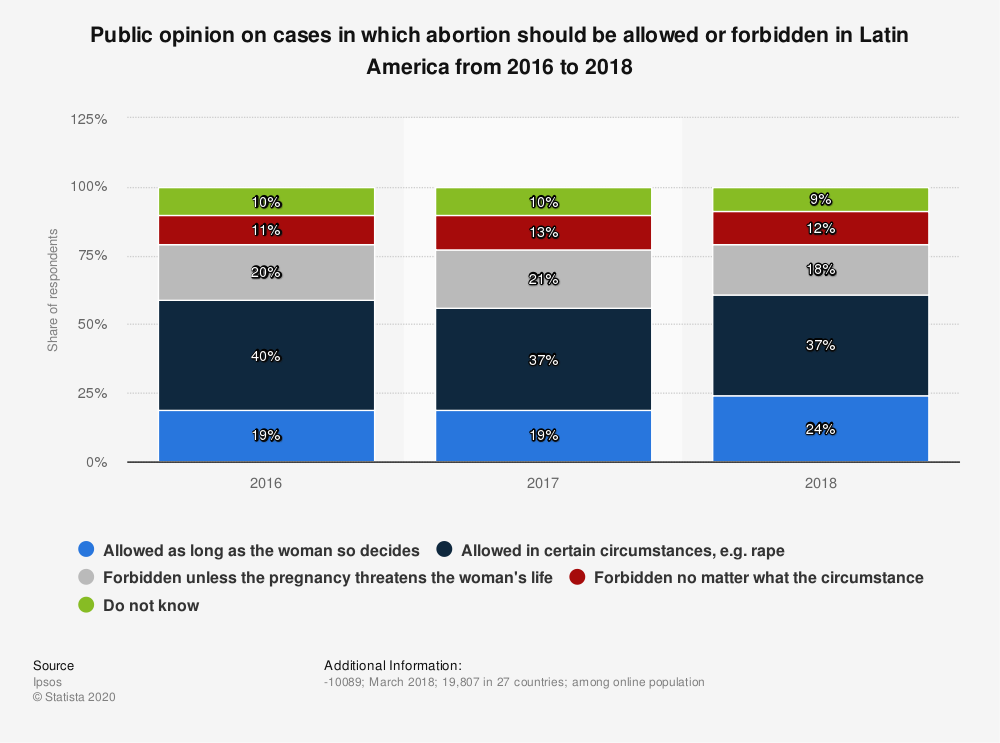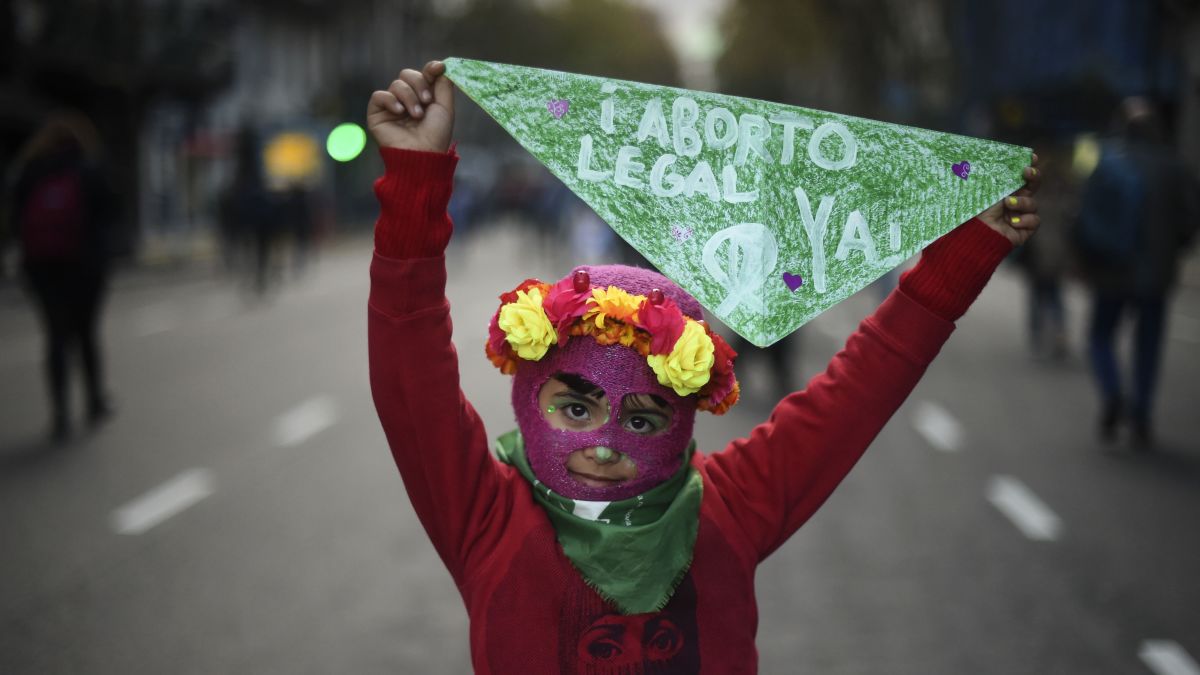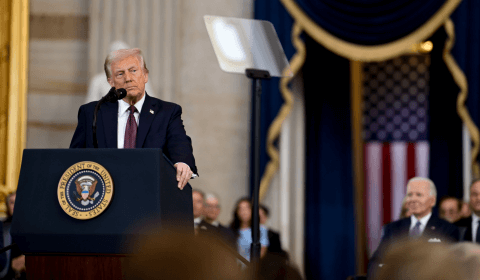Argentine lawmakers have taken a huge step towards legalising abortion, fulfilling President Fernández’ promise to make women’s rights a central pillar of his government.
On course to becoming the first major Latin American country to legalise abortion and just the fourth in the region where the practice is not prohibited, it appears Argentina may be about to deliver a historic win for women’s rights after legislation was passed by the lower house.
Submitted last month by left-wing president, Alberto Fernández – who has made the rights of women, gay, and transgender people fundamental to his government, in spite of recession and pandemic hardships – the bill was approved last Friday by a margin of 131 to 117 votes concluding a 20-hour debate.
If approved in its entirety, the country with its staggering population of 45 million would become the largest in Latin America to consent the procedure, a predominantly Roman Catholic region long permeated with stringent abortion laws that, in some cases, have led to incarceration for those violating them.

Currently, abortion is only legal in Uruguay and Cuba, both considerably small countries where the Church has less influence over steering policy. In some jurisdictions of Mexico, elective abortion is also legal, as well as in Guyana and French Guiana. A change of laws in Argentina however, which is by far the most populous of these nations and the home country of Pope Francis, has the potential to send a loud signal across Latin America, where the demand for legal abortion shows no signs of abating.
‘This utterly innovative decision will have a contagion effect,’ says Debora Diniz, a prominent Brazilian reproductive rights activist. ‘I haven’t the slightest doubt that other countries will follow suit.’ Though the bill still needs to pass through the Senate, it’s a pivotal moment in the battle over reproductive rights in Argentina, owing to the backing of a president who has dedicated funds and political capital to drastically improve conditions for his female citizens.
In Argentina at present, abortion is only legal in cases of rape or if the life or health of the mother is at risk. The proposed bill will decriminalise and legalise abortion in the first 14 weeks of pregnancy, permitting it beyond that period if the pregnancy falls under those aforementioned circumstances.

Additionally, in the public, private, and social security health system, it aims to provide these terminations free of charge, with the caveat that medical professionals can declare a conscientious objection to carrying them out. That is, as long as they are able to alternatively refer the person to someone willing to perform the procedure in a timely manner.
Up until this point, the absence of legal abortion has meant that millions of teenagers across Latin America have been forced to carry unwanted pregnancies to term. And according to a recent report by REDAAS (Argentina’s Access to Safe Abortion Network), in 2016-2018 over 7,000 girls between the ages of 10 and 14 delivered babies in Argentina alone. This has brought about an ever-growing push for reform from the pro-abortion ‘green wave’ campaign, which had gained serious traction in the run up to President Fernández’ latest announcement.
‘Criminalizing abortion has been of no use. It’s only allowed abortions to occur in clandestine fashion, in worrying numbers,’ he voiced on Twitter, prior to the bill’s approval and marking the first time a bill of this nature has been endorsed by an Argentinian president. ‘Legalizing abortion saves women’s lives, and it preserves their reproductive capacity, which is often affected by unsafe abortions. It doesn’t increase the number of abortions and it doesn’t promote it. It just solves a problem that affects public health.’
Siempre fue mi compromiso que el Estado acompañe a todas las personas gestantes en sus proyectos de maternidad y cuide la vida y la salud de quienes deciden interrumpir su embarazo. El Estado no debe desentenderse de ninguna de estas realidades.#QueSeaLey pic.twitter.com/V7Lr6wBmuB
— Alberto Fernández (@alferdez) November 17, 2020





















